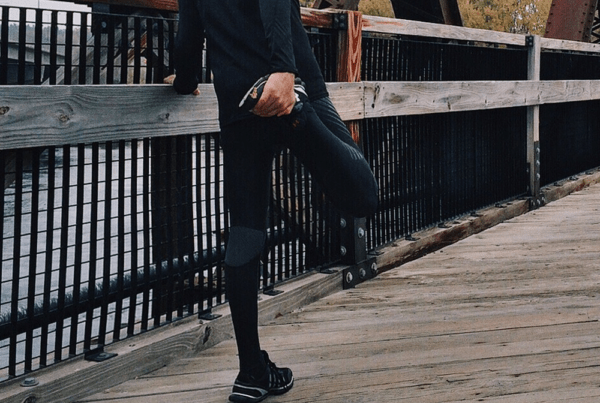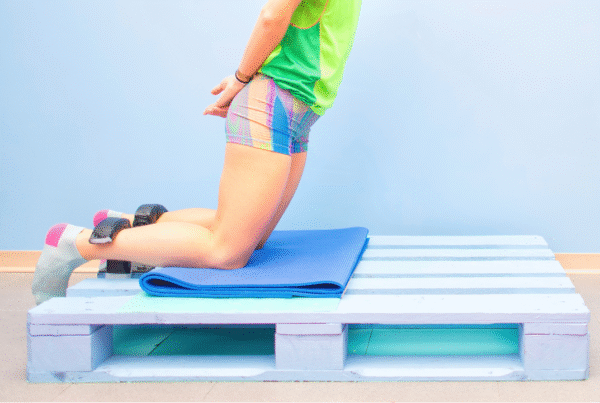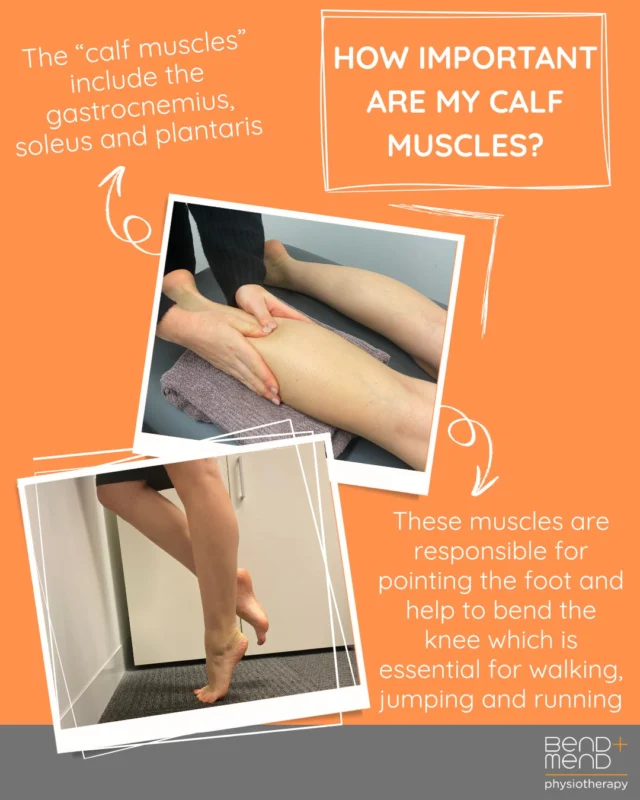‘Shoulder Impingement’ is a common symptom in shoulder problems related to the rotator cuff tendons. It presents as pain during overhead activities, like washing your hair or hanging out the washing, and can come on acutely after an injury or gradually over time.
Impingement occurs when the tendons of the rotator cuff muscles that run through the shoulder joint become ‘pinched’ under the arch of the shoulder blade (acromion) and the collar bone (clavicle), which form the top of the shoulder, and the head of the humerus or the ‘ball’ of the shoulder joint below. This causes rubbing and irritation to the tendons that can cause swelling and damage.
It is important to note that impingement is one of the clinical signs of a shoulder problem, not a diagnosis. Finding out the cause of the impingement is essential for appropriate treatment.
One of the most common causes of impingement is poor biomechanics, or the muscles in the shoulder not all working in unison. Repeated overhead activities such as swimming or bowling in cricket can predispose to shoulder impingement, but just as important are our postures with normal daily tasks.
The shoulder blade forms the base for which the shoulder can move efficiently, so its stability is essential for reducing impingement. It seems silly to think you could give yourself a shoulder injury sitting at your desk, but unfortunately with a lot of us confined to a computer daily, our shoulders are encouraged to drop forward and the muscles that stabilise the shoulder blade to the thorax (rib cage) tend to become weak. On top of this the muscles at the front (pectorals) and top (upper trapezius) become tight further encouraging this poor position, which in itself can cause impingement signs.
Because the shoulder joint has such a large range of movement and is obviously used in a large range of daily activities, mild impingement signs can quickly worsen. As with many conditions, the sooner you see your Physiotherapist the better, as often a few simple exercises can settle the pain. Book in to get your shoulder pain checked with one of our Sydney CBD Physio’s today!





